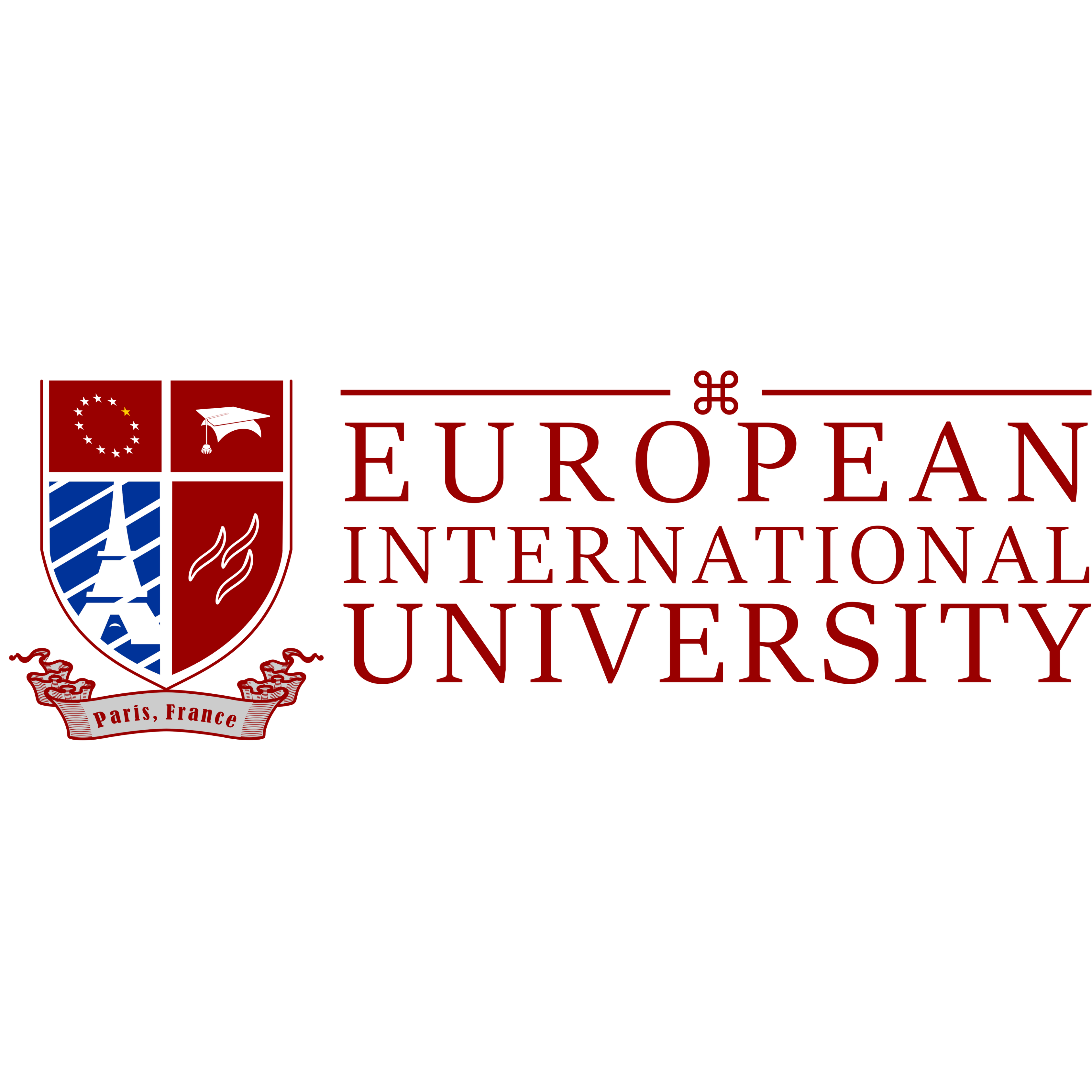
A Doctor in Translation is a doctoral-level program designed for scholars and professionals dedicated to advancing the theory and practice of translation across languages and cultures. This rigorous research degree combines linguistic analysis, cultural studies, and translation technology to equip candidates with a comprehensive understanding of the complexities involved in transferring meaning between diverse languages.
Doctoral candidates explore topics such as translation theory, comparative linguistics, localization, machine translation, and cultural mediation. They engage in original research that addresses practical and theoretical challenges in translation, including subtleties of meaning, contextual adaptation, and ethical considerations. The program often encourages interdisciplinary approaches, linking translation with communication studies, literature, technology, and globalization.
Graduates typically pursue careers in academia as professors or researchers, or in professional settings such as international organizations, publishing, media, and language service providers. They also contribute to the development of translation tools, training programs, and policies that enhance multilingual communication and cross-cultural understanding.
Throughout the program, candidates refine critical thinking, advanced research methodologies, and practical translation skills, culminating in a dissertation that adds new insights to the field. Ultimately, a Doctor in Translation empowers individuals to become leaders in fostering effective communication and bridging linguistic divides in an interconnected world.